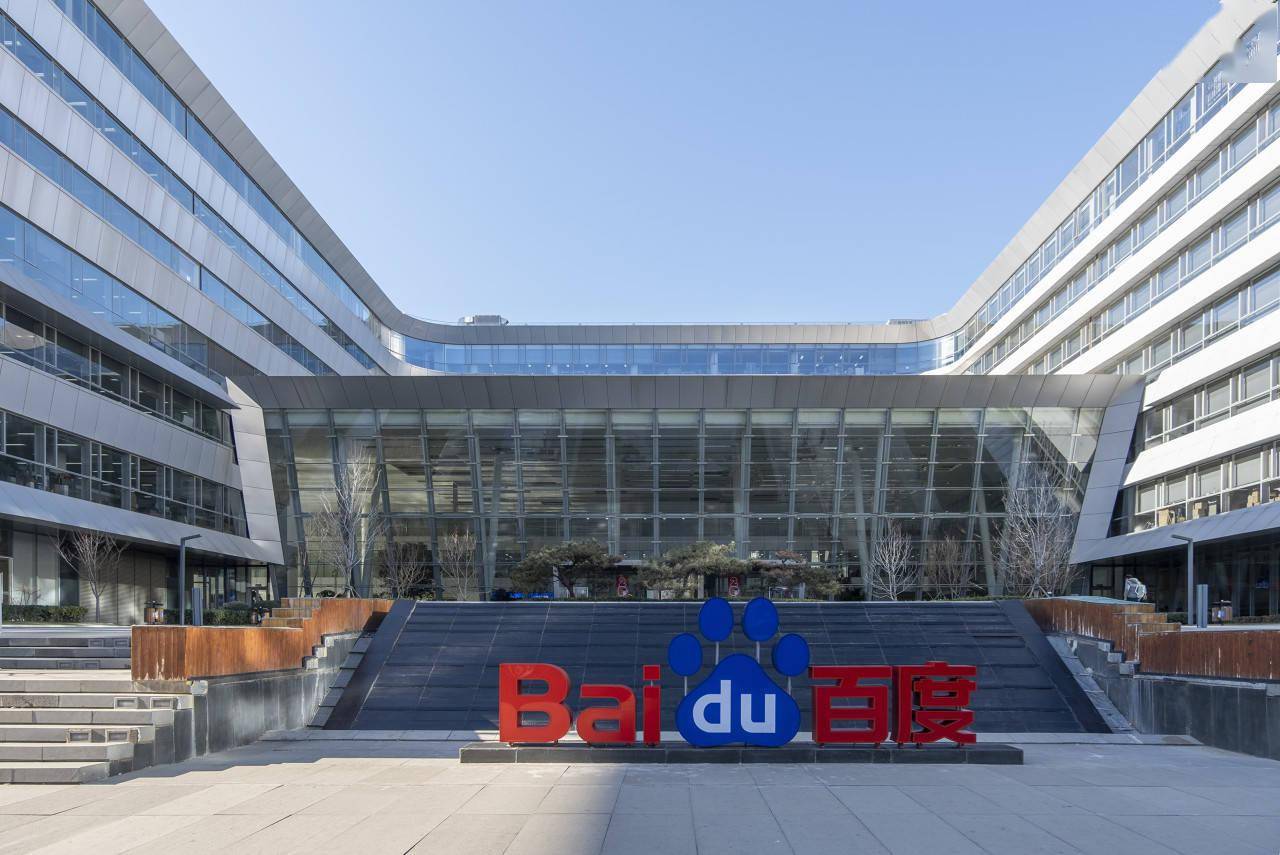The ride-sharing landscape is about to undergo a significant transformation as Uber Technologies and Chinese tech giant Baidu announce their collaboration to deploy thousands of autonomous vehicles across international markets. This partnership represents a calculated move that could reshape the global mobility ecosystem, though it comes with notable geographical limitations.
The Partnership Framework
The alliance centers on integrating Baidu’s Apollo Go autonomous vehicle fleet into Uber’s existing platform infrastructure. This collaboration will initially focus on mainland China and other markets outside the United States, with the first deployments scheduled for Asia and the Middle East later this year. From my perspective, this geographic restriction is both strategic and telling—it reflects the current geopolitical tensions that continue to fragment the global tech ecosystem.
The operational model is straightforward yet potentially revolutionary. Uber riders in participating markets will be presented with the option to request an Apollo Go autonomous vehicle for their journey. This represents a significant evolution from Uber’s traditional driver-centric model, and I believe it signals the company’s recognition that autonomous vehicles are no longer a distant future concept but an immediate competitive necessity.
Market Positioning and Scale
What strikes me most about this partnership is the scale of ambition. Baidu already operates over 1,000 fully driverless vehicles across 15 cities, including international markets like Dubai and Abu Dhabi. The company has been steadily expanding since launching Apollo Go in major Chinese cities including Beijing, Guangzhou, and Shanghai in 2022. This existing infrastructure provides a solid foundation for the Uber integration, and I view this as a smart leveraging of established capabilities rather than starting from scratch.
The companies frame this collaboration as a solution to increase affordable rideshare options in new markets. While this sounds consumer-friendly, I suspect the real motivation is more complex—this partnership allows Uber to rapidly scale autonomous vehicle offerings without the massive capital expenditure required for in-house development, while giving Baidu access to Uber’s sophisticated logistics and customer acquisition platform.
The American Absence
Perhaps the most significant aspect of this announcement is what it excludes: the United States market. The companies explicitly state that America is not part of their initial plans, and recent reporting suggests this exclusion may be permanent rather than temporary. This reflects the broader trend of Chinese technology companies facing increased regulatory scrutiny in the US market.
From my analysis, this creates a fascinating competitive dynamic. While Uber partners with Baidu internationally, the company continues its collaboration with Alphabet’s Waymo for US autonomous vehicle services. This bifurcated approach may prove strategically sound, but it also highlights how geopolitical tensions are forcing companies to maintain parallel technology partnerships across different regions.
Competitive Landscape Assessment
The autonomous vehicle sector is experiencing unprecedented activity, and this partnership positions both companies advantageously against emerging competitors. Companies like Avride, formerly associated with Russian conglomerate Yandex, are expanding in US cities like Dallas and Jersey City. Amazon’s Zoox continues development despite recent software issues affecting braking systems.
What I find particularly interesting is how this partnership could accelerate the commoditization of autonomous vehicle technology. By integrating Baidu’s vehicles into Uber’s platform, the focus shifts from the technology provider to the service orchestrator. This could fundamentally change how consumers perceive and interact with autonomous vehicles—they become simply another transportation option rather than a distinct technological experience.
Strategic Implications
This collaboration represents more than a business partnership; it’s a strategic positioning for the future of mobility. Uber is essentially hedging its bets by partnering with different autonomous vehicle providers across different markets. This approach provides resilience against technological failures, regulatory changes, and geopolitical shifts.
However, I believe this partnership also reveals Uber’s acknowledgment that it cannot dominate the autonomous vehicle space through internal development alone. The company is choosing to become a platform orchestrator rather than a technology developer, which may prove to be the more sustainable long-term strategy.
The success of this partnership will likely depend on execution rather than innovation. Both companies bring established capabilities—Uber’s logistics platform and customer base, Baidu’s autonomous vehicle technology and operational experience. The real test will be whether they can integrate these capabilities seamlessly across diverse international markets with varying regulatory environments and consumer expectations.
This development marks another step toward a future where autonomous vehicles become commonplace, though the path remains fragmented by geography and geopolitics. The Uber-Baidu partnership may well become a template for how technology companies navigate an increasingly complex global landscape.



